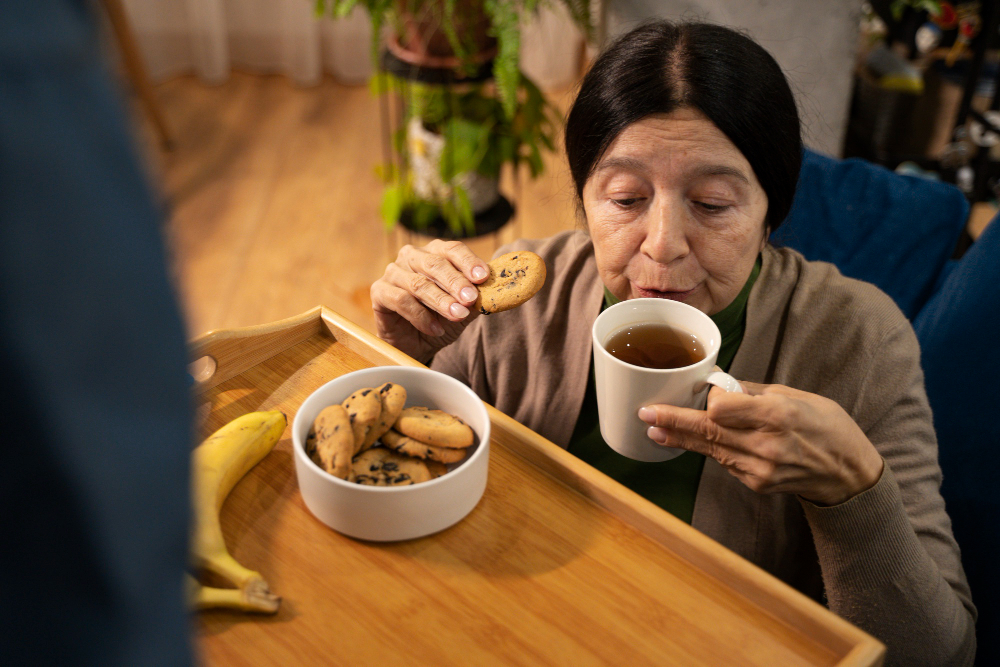Fasting is known to have many benefits. But unfortunately, the elderly are among the groups that are allowed or given leniency not to fast. Are there any benefits of fasting for the elderly? And, can the elderly still fast safely? Let's see the explanation below.
Is it Safe for the Elderly to Fast?
The safety of fasting for the elderly depends on individual health conditions and certain factors. For the elderly who want to fast, they should consider several things including health conditions, physical and mental abilities, social support and need to consult with medical personnel.
For the elderly who have certain health conditions such as diabetes, high blood pressure, heart disease, or digestive disorders. If there are medical conditions that require special dietary arrangements or the use of medications that require regular consumption of food, then fasting may not be safe for them. Consult a doctor to determine if fasting is suitable for their health condition.
Also, be aware that the elderly's ability to withstand hunger, thirst, and fatigue may decrease as they age. Don't forget to provide support and make sure there is someone who can help them if needed, especially in terms of health and daily needs.
So, in general, fasting for the elderly may be safe if they are in good health and have sufficient support. However, the decision to fast should always be based on individual health and well-being considerations, and should be guided by medical personnel.
Health Benefits of Fasting for the Elderly
Fasting has several benefits for the elderly that need to be recognized. Here are the five main benefits of fasting for the elderly:
Improves Heart Health
Fasting can help lower the risk of heart disease by lowering blood pressure, cholesterol levels, and the risk of coronary artery disease. This can provide significant health benefits for seniors who are prone to heart problems.
Lower Risk of Type 2 Diabetes
Fasting can help improve insulin sensitivity, control blood sugar levels, and reduce the risk of type 2 diabetes. This is an important benefit for seniors who are at high risk of diabetes.
Improves Brain Function
Some studies show that fasting can have neuroprotective effects and improve cognitive function which is good for maintaining brain health. This can help prevent cognitive decline and neurodegenerative diseases like Alzheimer's in the elderly.
Weight Loss
Fasting can help in healthy weight loss and improve body composition, which in turn can improve mobility, fitness and overall quality of life in the elderly.
Boost Immunity
Fasting can trigger the regeneration process of body cells and improve immune system function. This can help protect the elderly from infections and diseases, as well as speed up the healing process if they do get sick.
While fasting has significant benefits for the health of the elderly, it is important to consult a medical professional before starting a fasting program, especially for those who have complex medical conditions or are taking certain medications.
In addition, older adults need to ensure that they stay well hydrated and eat nutritious foods when breaking their fast to support their optimal health. Also, make sure that the elderly can get comfortable in dressing by using adult diapers such as Parenty. (Aq/PRT)









